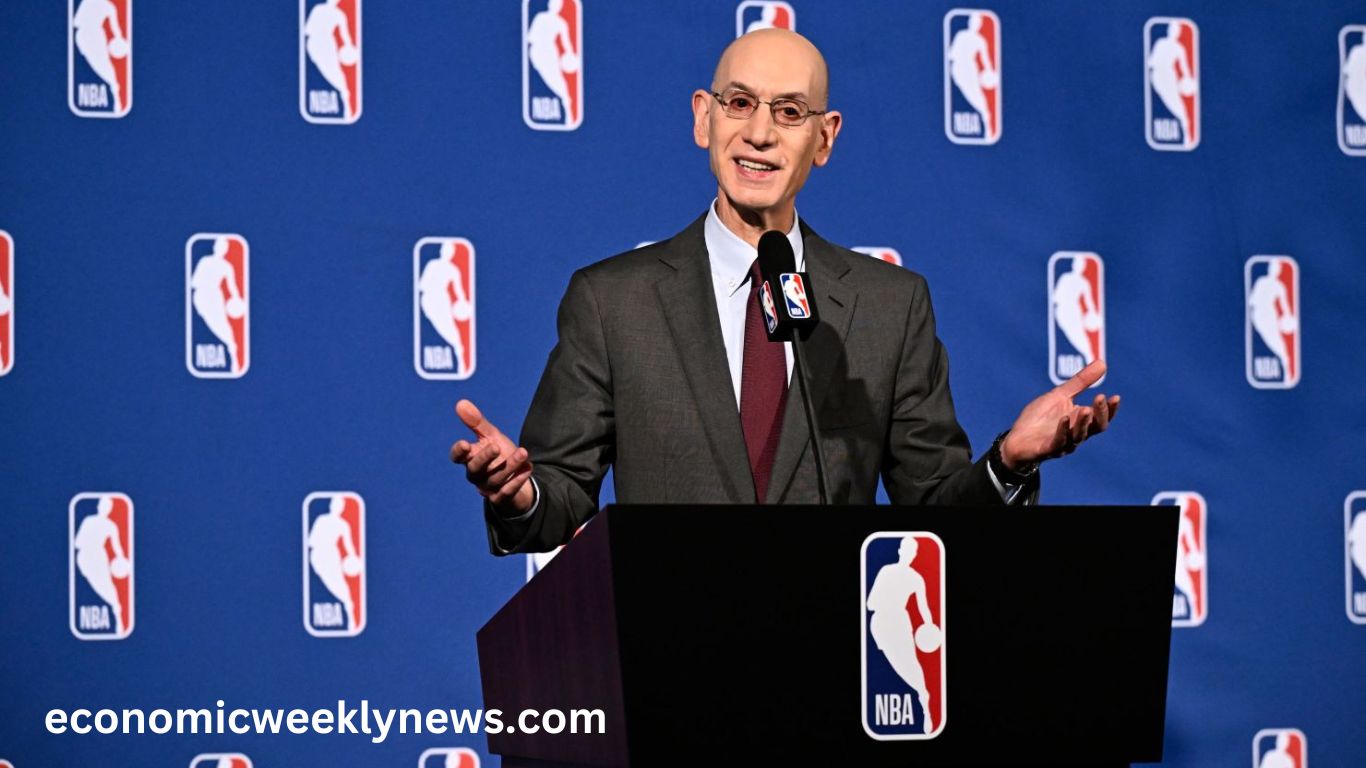The Euroleague, Europe’s premier basketball competition, has seen significant growth in recent years, attracting global attention with its high-quality games, passionate fan base, and talented players. With discussions surfacing about a potential collaboration with the NBA, the Euroleague chief has expressed openness to exploring opportunities that could reshape European basketball.
Interest from the NBA
The NBA has long sought to expand its global footprint, and Europe remains a key market for the league. Over the years, the NBA has successfully engaged European audiences through exhibition games, broadcasting deals, and grassroots initiatives. The idea of a potential partnership or an NBA-backed European league is not new, but recent discussions indicate a renewed interest in making it a reality.
Statements from Euroleague Leadership
The Euroleague’s leadership has acknowledged ongoing informal discussions about future collaboration with the NBA. The league’s CEO has stated that while the Euroleague remains committed to its current structure, it is willing to explore new models that could elevate the level of competition and financial stability of European basketball.
“The NBA is the strongest basketball league in the world, and collaboration at any level could provide significant opportunities for European clubs and players,” said a Euroleague executive. The statement reflects an open-minded approach toward potential negotiations without compromising the league’s independence.
Potential Models for Collaboration
Several models for potential NBA-Euroleague collaboration have been discussed. One possibility is an NBA-backed European division, similar to the G League but tailored for high-level European competition. Another option is a revamped Euroleague structure that integrates NBA-affiliated teams or a tournament that pits top Euroleague teams against NBA teams in a competitive setting.
An expansion of the Euroleague with NBA involvement could bring financial investment, enhanced marketing strategies, and an increase in viewership. The NBA’s influence in Europe could also help standardize basketball infrastructure and improve youth development programs across the continent.
Read More : Emma Raducanu Shares Health Update After Vitals Check
Reactions from European Clubs and Players
European clubs have mixed reactions to the potential changes. Some welcome the prospect of increased financial support and global exposure, while others fear losing control over a league that has built a distinct identity separate from the NBA.
Players, on the other hand, generally support increased opportunities for competition and recognition. Many European stars who transitioned to the NBA have expressed the need for a more competitive European environment to bridge the gap between the two leagues.
Challenges and Considerations
While discussions continue, there are several challenges that need to be addressed. One key concern is scheduling, as the Euroleague and NBA operate on different calendars, making integration complex. Another issue is governance, as the Euroleague is currently managed by European clubs, and any NBA involvement could shift the power dynamics.
Financial aspects also play a crucial role. European basketball operates under a different economic model than the NBA, with some clubs heavily reliant on local sponsorships and government support. Introducing an NBA-style franchise model could disrupt the financial ecosystem of existing clubs.
The Broader Impact on European Basketball
A stronger connection with the NBA could raise the overall standard of basketball in Europe, benefiting youth academies and professional clubs alike. Increased exposure could attract more sponsors, enhance TV deals, and bring in higher revenues for teams. However, concerns over potential domination by NBA interests must be carefully managed to maintain the integrity of European basketball traditions.
Next Steps in the Discussion
With talks still in the exploratory phase, both the NBA and Euroleague must navigate a complex landscape of business interests, sporting traditions, and logistical challenges. Any formal agreement would require extensive discussions with stakeholders, including European clubs, national federations, and player unions.
The evolving relationship between the NBA and Euroleague remains a crucial point of interest for basketball fans worldwide. The outcome of these discussions could shape the future of professional basketball in Europe, creating new opportunities for clubs, players, and fans alike.
Frequently Asked Questions
What is the main goal of NBA-Euroleague collaboration?
The primary goal is to enhance the competitiveness and financial stability of European basketball while increasing global exposure.
How would the NBA benefit from this partnership?
The NBA would expand its influence in Europe, develop a new fan base, and create potential revenue streams through sponsorships and broadcasting deals.
Will European clubs lose control over the Euroleague?
While concerns exist, discussions aim to ensure that European clubs retain significant influence in decision-making processes.
Could this lead to an NBA-affiliated European division?
One possible model includes an NBA-backed European division that runs parallel to existing European competitions.
How would players benefit from this collaboration?
Players could gain increased exposure, improved financial opportunities, and a clearer pathway to transition between European and NBA teams.
What are the biggest challenges in making this happen?
Scheduling conflicts, governance structures, and financial models remain the primary obstacles in finalizing a collaboration.
How do European fans feel about this potential partnership?
Reactions are mixed, with some excited about the prospect of higher-level competition and others worried about the NBA’s influence over European traditions.
When can a formal decision be expected?
Since discussions are still in the exploratory phase, any formal decision would take time and require negotiations with multiple stakeholders.
Conclusion
The potential partnership between the NBA and Euroleague presents opportunities and challenges that could reshape European basketball. While financial investment, marketing, and competition improvements are promising aspects, governance and scheduling concerns remain. The future of this collaboration depends on negotiations between stakeholders, balancing European traditions with NBA expansion. As discussions continue, the basketball world watches closely, eager to see how this relationship evolves and what it could mean for the sport’s global landscape.

